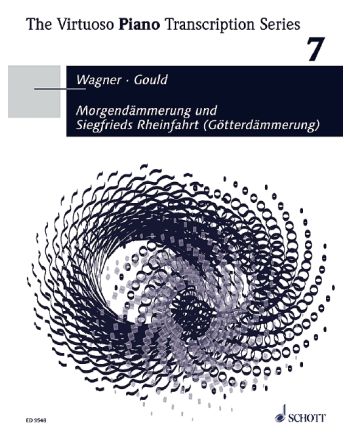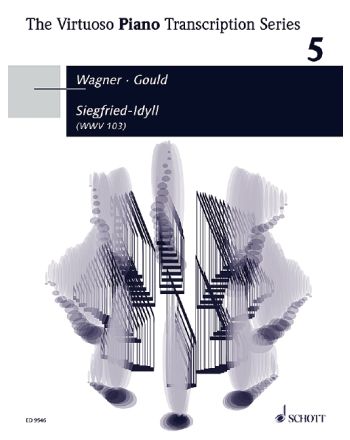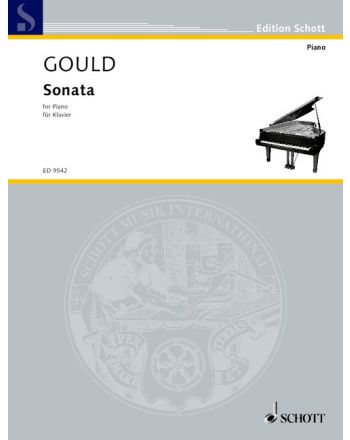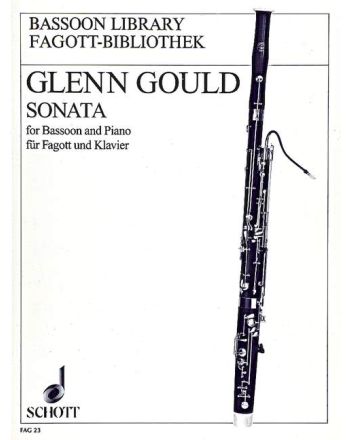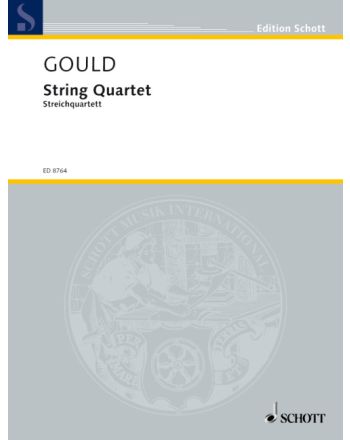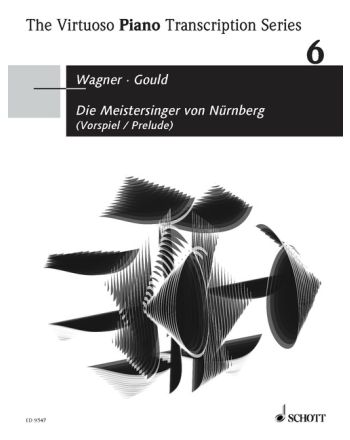
Glenn Herbert Gould
About Glenn Herbert Gould
Aficionados of the sound of a piano and a fine tone confidently treading a fine line between pure virtuosity and an even purer implicitness will forget any reservations they may have had in the face of such great ability and magnificent artistry. (Joachim Kaiser)
The musical talent of Glenn Gould, born in Toronto in 1932, was immediately recognised during his early childhood. He received initial piano tuition from his mother and subsequently began studying piano with Alberto Guerrero and organ with Frederick Silvester at the Royal Conservatory of Music in Toronto in 1943. He gave his debut at the age of 14 in Beethoven’s Fourth Piano Concerto with the Toronto Symphony Orchestra. Although Gould was omnipresent in the Canadian media from this point onwards and was frequently termed as a child prodigy, he did not see himself as such: “I was not a child prodigy”. Gould’s USA debut in New York in 1955 brought him international acclaim. He was taken on by the record label Columbia Records the same year and remained loyal to this company for the remainder of his life. During his musicological studies, Gould’s interest was awakened for music of the Late Romantic period and the Second Viennese School which was to have a particular influence on his own early compositions. The pianist who was universally considered as a genius retired from the public stage as early as 1964 to concentrate on tape recordings made in the studio. His unorthodox posture at the piano and the soft but audible humming accompanying many of his recordings are both typical characteristics of his image. During his lifetime, critics were already divided in their opinions of the pianist’s interpretations of well-known works, particularly the Goldberg Variations. Although Gould was praised as an unparalleled genius at the keyboard, he repeatedly attracted negative criticism due to his eccentric lifestyle. Glenn Gould died in 1982 after a stroke; his reputation as a cult musician of the 20th century has remained alive up to the present day.
Gould’s reputation as a pianist was chiefly cemented by his two controversial but highly successful recordings of music by Bach. His repertoire included the complete keyboard works of Johann Sebastian Bach, Arnold Schoenberg, Anton Webern and Alban Berg, but also extended to works by Beethoven and Hindemith and Mozart’s complete piano sonatas. The multitalented Gould also performed in the functions of organist, harpsichordist and conductor and additionally revealed his talents as a comedian and pensive thinker in his activities as a writer, pioneer of radio plays and actor. Numerous critics praised his radio documentaries which included the Solitude Trilogy in which Gould incorporated his technique of “contrapuntal radio”.
It is however less well-known that Gould was both a composer and arranger. His extended String Quartet, Op. 1 in one movement was composed between 1953 and 1955. The work is based on a four-note motif which is developed in a highly interesting fashion over a length of over 800 bars. Alongside the works Five little pieces for piano (1951), Two pieces for pianoSonata for bassoon and piano (1951/52) and the originating during his early compositional period, his two-movement Sonata for piano clearly reflects the stylistic interests of the idiosyncratic pianist. Schott publishes the majority of his works, including several Wagner transcriptions undertaken by Gould as an intense proponent of piano versions of music originally intended for orchestral forces.
The Glenn Gould Foundation awards a prize named after the pianist to honour outstanding achievements within the area of music and communication in commemoration of one of the leading musical figures of the twentieth century.
Products
-
Composer: Glenn Herbert GouldEdition: ScoreSeries: Schott Choral Music
Instrumentation: mixed choir (SATB) with pianoProduct number: C 48913Product TypeIn stockAs low as €4.99Incl. Tax -
in a transcription for piano by Glenn GouldSeries: The Virtuoso Piano Transcription Series, Vol. 7
Instrumentation: pianoProduct number: ED 9548Product TypeIn stockAs low as €13.99Incl. Tax -
Five little pieces - Two piecesComposer: Glenn Herbert GouldEditor: Carl MoreyMedia Type: Sheet musicInstrumentation: pianoProduct number: ED 8319Print editionPrint editionIn stock€18.50Incl. Tax, Excl. Shipping
-
in a piano transcription by Glenn GouldSeries: The Virtuoso Piano Transcription Series, Vol. 5
Instrumentation: pianoProduct number: ED 9546Product TypeIn stockAs low as €13.99Incl. Tax -
Product TypeIn stockAs low as €14.99Incl. Tax
-
Composer: Glenn Herbert GouldEditor: Carl MoreySeries: Bassoon Library
Instrumentation: bassoon and pianoProduct number: FAG 23Product TypeIn stockAs low as €16.99Incl. Tax -
Composer: Glenn Herbert GouldEdition: Score and partsSeries: Edition Schott
Instrumentation: string quartetProduct number: ED 8764Product TypeIn stockAs low as €46.99Incl. Tax -
PreludeSeries: The Virtuoso Piano Transcription Series, Vol. 6
Instrumentation: piano or 2 pianos (4 hands)Product number: ED 9547Product TypeIn stockAs low as €13.99Incl. Tax


